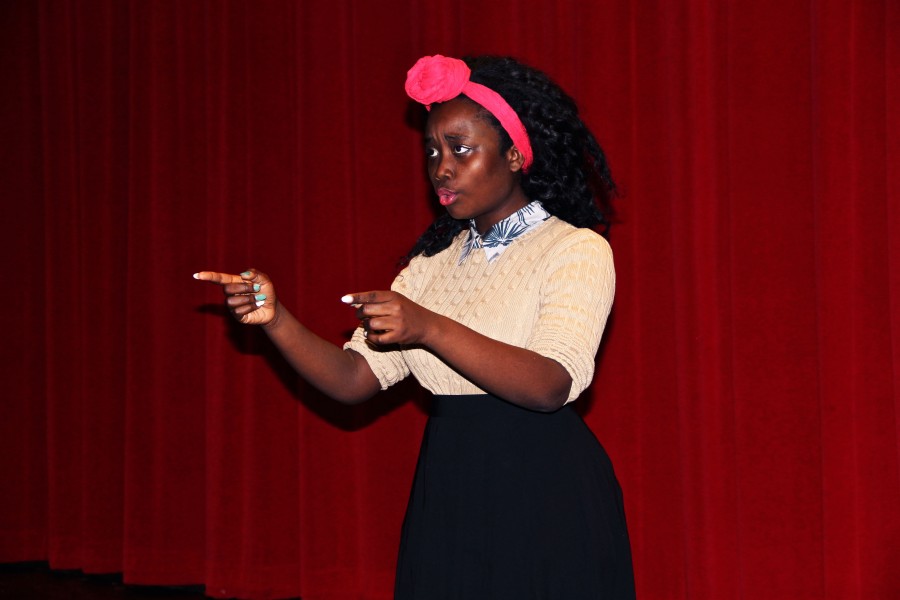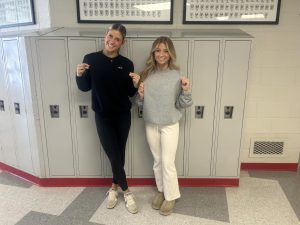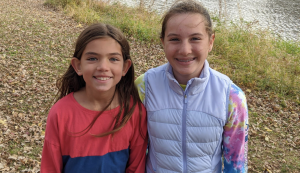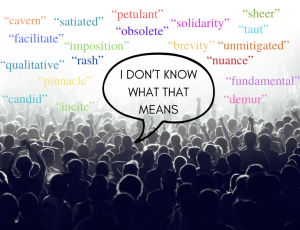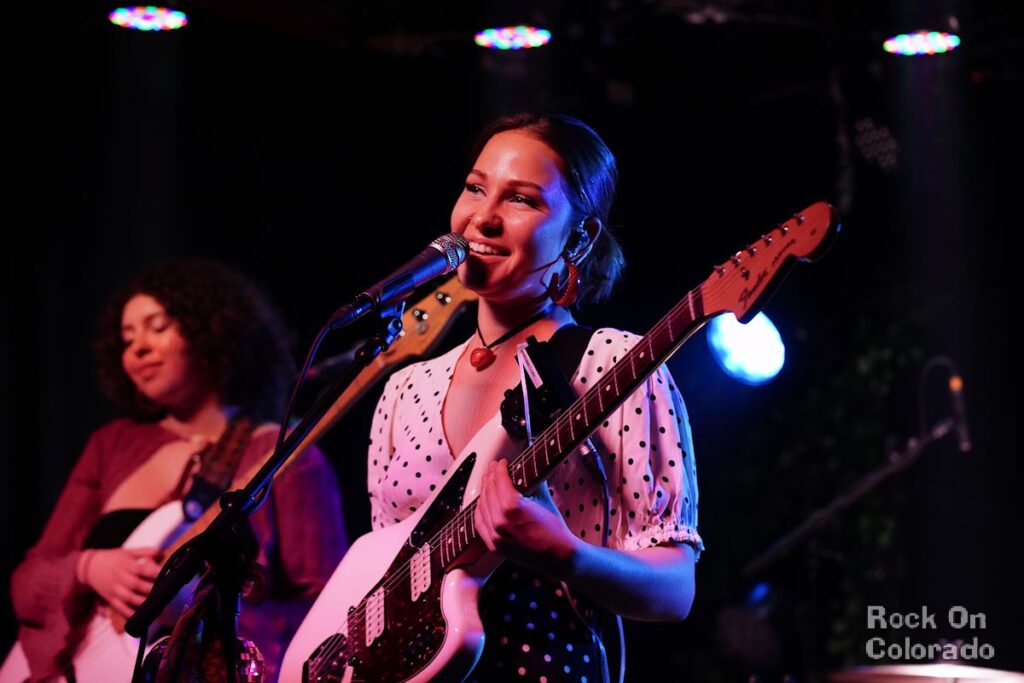Making Her Mark
Kaffey uses personal experience and opinion to write her spoken word poetry. Her ultimate goal is for someone to hear her work and feel how she feels about the injustices towards black people in America.
March 5, 2015
Before performing on stage most artists are a bundle of nerves. This is the case for senior Zeph Kaffey; however, she embraces the thrill and terror of performing spoken word.
Kaffey’s spoken word journey began in the fifth grade when she experimented with writing and started composing her own poems. She attended spoken word performances that inspired her to share her art with others. “I used to go to spoken word events and sit in the back thinking, ‘I wish I could do that,’” Kaffey said.
What started as a creative outlet for her emotions has blossomed into an art form that Kaffey uses to connect with and educate people on subjects she is passionate about. Kaffey speaks to audiences in hopes of conveying an accurate account of what it’s like being black in America. “The anger, and then spoken word was right there, so I could use art to show these people what I mean and to educate them on this topic,” Kaffey said.
“My goal is hopefully when someone hears my personal stories or stories that I’ve written, if they can feel a little bit of anger and rage inside of them, the same type of anger that I feel, to either be on board or to be aware of what’s going on,” Kaffey said.
Throughout her life, Kaffey has personally faced prejudices as a black woman. “Having to prove to people that I was smart, having to prove to people that I was safe to be around, having to prove to people that I wasn’t scary––that was really annoying. So, I’m going to alter that into some sort of art and perform that to people so that they can understand,” Kaffey said.
To create her poems, Kaffey uses her thoughts and experiences. As long as she isn’t forced to write, Kaffey can form her poem. “The process of writing is letting it come to me. I like to say that the poems come to me, and I just have the gift of getting them out,” Kaffey said.
Kaffey composes poems on a variety of topics, and lately she has focused on racial inequality. Drawing inspiration from historical figures like Martin Luther King Jr., Gandhi, as well as accomplished friends like Nekima Levy-Pounds, ValLimar Jansen, and Doctor Umar, Kaffey has cultivated her passion into performing art on injustices.
Of her extensive ensemble, Kaffey’s favorites are “Beauty,” “Love Lost,” and “Beautiful Boy.” Her most recent piece, “Beautiful Boy,” has garnered recognition for its message about the School-to-Prison Pipeline and how it affects black boys in particular. “My definition of beauty in [“Beauty”] was ‘beauty is the song that your soul sings which embellishes your canister’ because I like to think of our bodies as containers,” Kaffey said.
From all her performances, Kaffey’s greatest accomplishment is the personal connection she can make with other people. “The impact I’ve made is speaking for those girls who could not speak for themselves, and sometimes they’re men, too. They say ‘thank you,’ and I can see the water in their eyes. Even though they might not convert or come over to my side, they’re thinking about it. I like that they’re feeling uncomfortable because I felt that way and it made me do something,” Kaffey said.
With the help of Mrs. Lenhart-Murphy, BSM’s RKVC leader, Kaffey is planning clinic-like community organizations that will cultivate children’s love of performance art. “It’s basically helping children to transform their negative energy into some sort of art, so the arts that we have are drama, music, spoken word and dance,” Kaffey said.
“If I have a clinic, I want to use spoken word as a way for people to change the negative energy into some sort of art, and that’s what I did, and it worked out for me, so hopefully it’ll work out for other people,” Kaffey said.
In her grand scheme of life, Kaffey will do her best to deconstruct oppressive thoughts and to educate people about oppression prevalent in society. “I will not be satisfied until I make an impact on the world. And, that is really my goal in life,” Kaffey said.






































![Teacher Lore: Mr. Hillman [Podcast]](https://bsmknighterrant.org/wp-content/uploads/2025/03/teacherlorelogo-1200x685.png)



